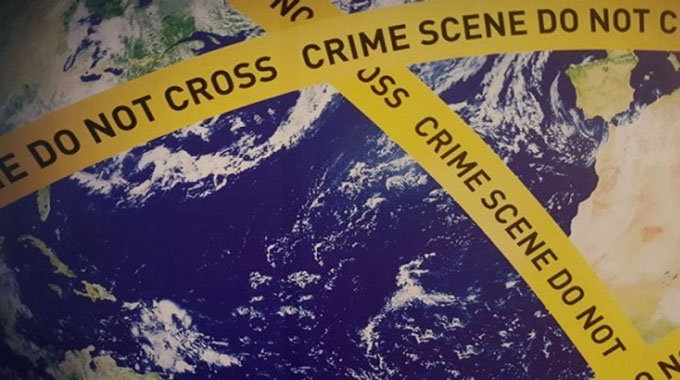Cashless bus fare system: Lessons from Rwanda

Oscar Kimanuka Correspondent
It is often said that development in technologies has replaced a few things that we grew up with back in the day, like the watch, the alarm clock, the tape recorder, music players, and it seems that very soon, we will add cash and wallets to that list and many others that would not have relevance in people’s everyday lives.
This trend is not a surprise. Payment methods have been morphing through various channels: from cash to cheques, to credit cards and debit cards, and now to online banking and mobile commerce.
We call it the era of cashless wallets: digital wallet, electronic wallet, e-wallet, virtual wallet and so on and so forth.
The cashless approach has embedded itself among all segments of the population; from the already banked and able to afford the latest in mobile technologies to the traditionally unbanked social class which is today equally covered.
While most people will be quick to point out that the shift to cashless transactions is primarily driven by convenience it offers, there are other important benefits to both consumers and retailers.
Pick-pocketing for cash for instance becomes impossible when people stop carrying money around and other associated risks like counterfeit.
In real sense, cash is too expensive to manage. That is why everyone would wish to get rid of it. No doubt electronic and mobile payments are now becoming more preferred by everyone than using the physical money.
Cashless method not only makes paying at any retail point a quicker process, it also makes payment either shorter in length or non-existent.
Imagine when everything has to be paid in cash, from water, electricity and all our daily consumables. It would be a very tiresome process to have.
People would be lining up at the designated point of sales from Monday to Friday. Thus, businesses would be derailed as those supposed to be running them would be busy queuing elsewhere. Service providers and business owners would at the same time incur the inconvenience of having to continuously count and transport cash between their premises and the bank.
Irrefutably, cashless payment is a better option to both ends — to the buyer and to the seller. In other words, the cashless approach does away with barriers to entry to banking and eliminates socio-economic divisiveness.
Because it offers such inclusiveness, cashless transaction is one of the major highways to the future, not just for individuals but for the global economy.
Like United Kingdom, United States of America and neighbouring countries like Kenya which have tried to adopt cashless payment in different sectors; Rwandan transport sector has finally introduced the cashless bus fare.
The new electronic fare payment means the public transport operations will be cashless, a move that was welcomed by many, as a step towards revolutionising the public transport industry and also ensure convenience, security and accountability all at once in the sector.
However, it is still debatable whether the abolition of cash fares would bring any noticeable improvements to journey times or punctuality amongst the commuters in Kigali or Rwanda as per the expectations of its architects.
It is cited that the transport companies have always been incurring cash management costs which arise from having to collect money from the stations and buses count the money in the company’s revenue department, transfer change and transport cash back and forth between the bank and the company’s premises.
This is therefore a big plus for them and commuters as well. Kigali today boasts more than a million people at any given time, and most of them depend on public transport for their mobility. A peep at the bus parks in the evening reveal the long lines waiting to board the buses.
With cash payment, the bus conductors have to manually collect the money from these people. In the event that the change is not available, the passengers have to wait or stop while the conductor halts the boarding process in search of coins. This leaves everyone frustrated owing to the long day at work and unaccomplished tasks at home, or school for those who have evening classes.
The cashless fare is an ultimate cure to all these hiccups. It speeds up boarding times because no more fiddling for small changes and allows operational flexibility. Passengers benefit from a quicker, cheaper and more convenient method of paying their bus fare, simply by tapping.
This is a great step that will go a long way in shaping up the transport sector. However, there is a little more to be done for its success. This is with regard to creating public awareness on its importance, educating those who do not have a clue about it on how the system works.
If all these are done, then the dream of having a complete cashless fare will be actualised.
Let us support our transport sector by keeping away the cash and embarking on the cards! — Rwanda Times.








Comments